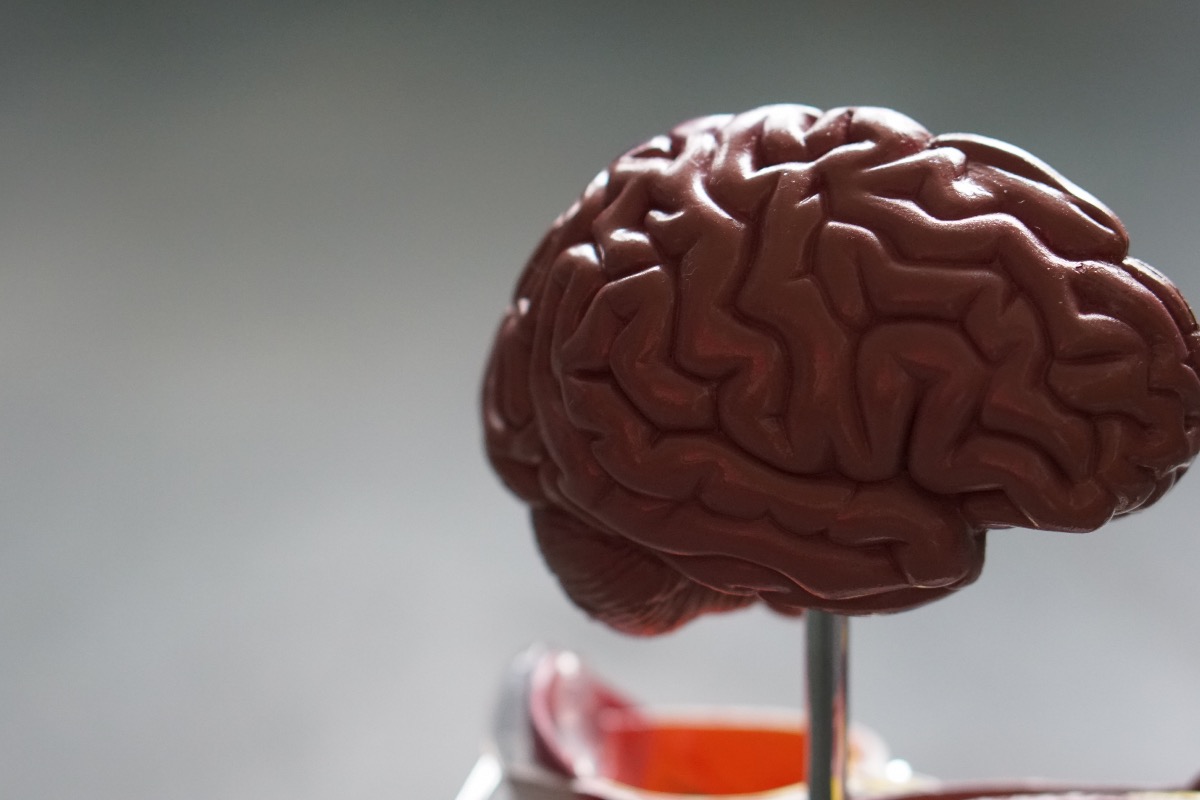
When an individual is struggling with substance use disorder (SUD) and a mental health disorder simultaneously, they are said to have co-occurring disorders. Disorders that co-occur are comorbid, which means that the interactions between them can worsen the symptoms and effects of each other. While co-occurring disorders pose various challenges for treatment and recovery, they are more common than one may think.
The National Institute on Drug Abuse (NIDA) found that, in 2017, nearly 7.7 million adults struggled with co-occurring SUD and mental health conditions. Further, of the 20.3 million adults struggling with SUD, nearly 40% also struggled with a mental health diagnosis. Among the 42.1 million adults struggling with their mental health, almost 20% also met the criteria for SUD.
To effectively heal from co-occurring disorders, treatment must address the underlying causes of both conditions. This can be challenging, however, because co-occurring conditions don’t always necessarily interplay. Additionally, it can be difficult to know which disorder developed first. The National Institute of Mental Health (NIMH) has outlined three possibilities as to why co-occurring disorders are common.
Six Factors that Contribute to Substance Use and Mental Health Conditions
The first possibility explaining why SUD and mental health disorders co-occur is the fact that both disorders share similar underlying causes and risk factors. It is important to understand that SUD is a type of mental health disorder. It severely impacts an individual’s brain and associated functioning and behavior. However, even before SUD develops, several risk factors may make an individual more vulnerable to substance use. Unsurprisingly, these factors overlap with the risk factors for many other mental health conditions.
NIDA highlights six main factors that can contribute to the development of both substance use and mental health conditions:
#1 Genetic Vulnerabilities
An estimated 40-60% of an individual’s risk of either kind of disorder can be attributed to their genetic predisposition. Additionally, some individuals may have specific genetic factors that influence a more intense reaction to substances, leading to chemical dependency at faster rates.
#2 Epigenetic Influences
Simply put, epigenetics is the study of how one’s experiences, environment and behaviors can alter one’s gene expression. Early drug exposure, chronic stress and trauma can alter gene expression. These factors can cause an individual to become more vulnerable to developing SUD and/or mental health disorders.
#3 Brain Region Involvement
Mental health and substance use disorders affect the same regions of the brain. For this reason, they can evolve similarly and simultaneously or one may come as a result of the other.
#4 Environmental Influences
There are endless environmental factors associated with an increased risk for SUD and mental health disorders. A few examples include abuse, neglect, bullying, low self-esteem and trauma.
#5 Stress
Experiencing stress is known to alter the brain. Early life stress as well as chronic stress can cause lasting alterations in the brain circuits involved in learning, motivation and adaptation. Inevitably, all of these brain circuits can be impaired in individuals who struggle with SUD and their mental health.
#6 Trauma and Adverse Childhood Experiences
Finally, unresolved trauma can make individuals much more vulnerable to drug use and mental distress.
Mental Health Disorders Contribute to Substance Use Disorder
Another possibility as to why SUD and mental health disorders often occur together is that mental health disorders can make an individual more vulnerable to substance use. As a way to experience relief from symptoms, many people who struggle with mental health turn to alcohol and drugs to self-medicate. While many prescription medications can help individuals better manage their mental health symptoms, certain drugs exacerbate symptoms.
These vulnerabilities occur deeply within one’s brain. Individuals who struggle with their mental health experience altered brain activity. Such alterations can increase their urge to use substances because the rewarding effects of this behavior are seemingly enhanced. Self-medicating tendencies often occur more in those with diagnosed mental health conditions. This emphasizes the importance of why individuals who seek treatment for SUD must be evaluated for underlying mental health conditions.
Substance Use Can Contribute to Mental Health Disorders
Lastly, substance use and SUD can contribute to the development of mental health conditions. As mentioned previously, substance use can lead to significant changes in the same brain areas that are disrupted by other mental health disorders. Drug use can enhance these brain changes when someone is already predisposed to developing a mental health disorder.
Treatment for Co-Occurring Disorders
Co-occurring disorders present a host of challenges for treatment and long-term recovery. Knowing this, effective treatment must address all conditions simultaneously to ensure a successful and lasting recovery. If a mental health disorder is treated without acknowledging a co-occurring SUD, or vice versa, an individual is much more likely to relapse.
When co-occurring disorders are addressed and treated together, it is called an integrated treatment approach. Often, integrated treatment is combined with individualized treatment to affirm that all patients’ needs and goals are met throughout their recovery journey. A combination of behavioral therapies and experiential practices may be used in addition to medications during treatment.
Every treatment facility will navigate treatment differently. All in all, understand that anyone is at risk of developing SUD and/or co-occurring mental health disorders. Those who are struggling must grasp that treatment is available and recovery is possible.
Casa Palmera is a mental health and addiction treatment center that understands the various challenges involved in treating co-occurring substance use and mental health disorders. We offer a dual-diagnosis treatment program that incorporates each of your conditions into one individualized treatment plan. To learn more about this program and other treatment services we offer, give us a call today at (855) 508-0473.




